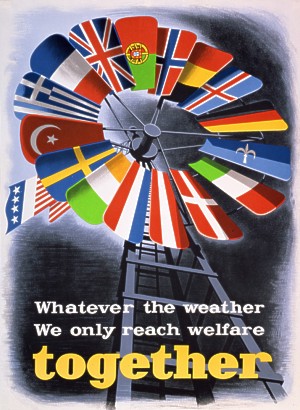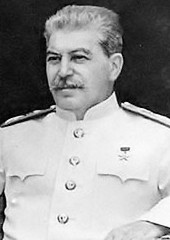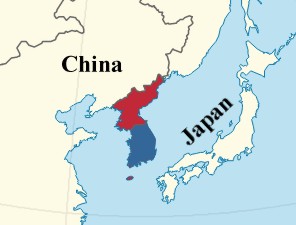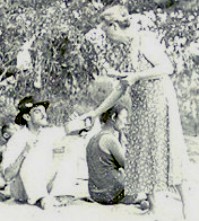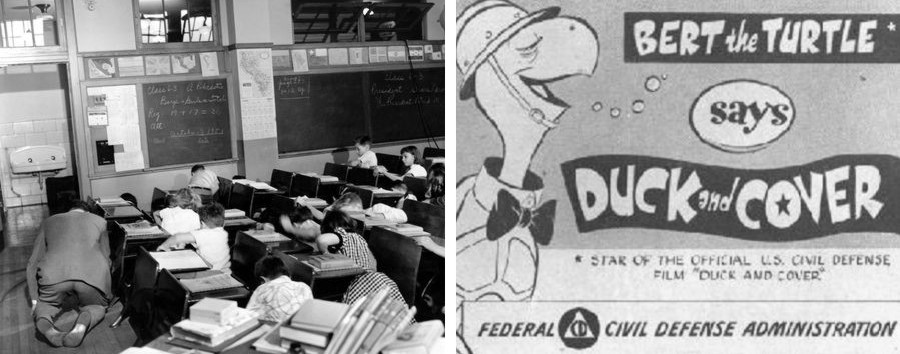Afterglow
Friendships are largely situational - they depend on what the friends have in common. If those shared elements begin to
fade, frequently the connection fades as well.
Morganville's desire to help and Fèves' need of help was the common thread that brought the two villages together. But two
months before Carson asked Todd to "find for us an interesting friend," events began unfolding that would eventually cut
that thread.
In April of 1948, the Marshall Plan began operation. It targeted the infrastructure of war-ravaged Europe, but took time
to have a major effect. Of the almost $13 billion the U.S. spent, Britain received 26 percent, with France next at 18
percent. As the railroads, roads, power-distribution grid and other support systems were restored, shortages of food, clothing,
building materials, fuel and the other essentials of a healthy country began to wane. The French economy began to grow at a
robust five percent per year. The result was that by 1950, the needs Morganville sought to alleviate had largely disappeared.
A new problem arose immediately after the war that also changed the relationship - a problem that initially aided the
friendship between the villages, but later impeded it. Soviet dictator and former ally Joseph Stalin made it clear
Eastern Europe had merely exchanged one dictator for another. On March 5, 1946, eight months before Dunkirk-to-Dunkerque
day, Britain's war-time prime minister Winston Churchill, in a speech delivered in Fulton, Missouri's Westminster
College said, "From Stettin in the Baltic to Trieste in the Adriatic an 'Iron Curtain' has descended across the
continent."
Poster used in Europe to promote the Marshall Plan.
Also in April, Stalin cut all road access to the Western sectors of Berlin. The Western Allies responded with the Berlin Airlift,
which supplied food, medicine and other crucial items by air. It would continue for more than a year before the Soviet dictator
relented.
With communist countries on Western Europe's very doorstep, the United States felt it was important to stabilize the
free democracies to make it less likely they would embrace communism. This was a major factor in garnering congressional
support for the expensive Marshall Plan. Although the friendships fostered by Operation Democracy were the result of grassroots
American concern over the plight of her war-torn cousins, government officials were quick to encourage these efforts because
they helped the government's anti-communist efforts.
Soviet dictator Joseph Stalin
But as time passed, the communist threat took on a new dimension. In August of 1949, the Soviet Union tested its
first successful nuclear device. It had been built with considerable help from captured German scientists and information
gathered by spies in the United States who had been snooping on the American nuclear program. Soviet agents unmasked in
Britain, Canada and the United States led to the discovery of others who had been working within Western governments
for years. The American government that had been worried about the danger posed by communism in foreign countries
suddenly found it was facing a threat at home.
Soon a communist challenge came from an additional source. Shortly after the Russian revolution, communist agents
successfully planted a seed in China. That seed germinated and led to the establishment of The People's Republic of China
in October of 1949. The world now had two major communist blocs.
During the world war, all of Korea was under the control of Japan. Near the war's end, Chinese and Soviet forces liberated
the northern portion of Korea, while the United States military liberated the south. By 1948, Korea was effectively split
into two countries - the communist north and the free south. Both claimed to be the rightful ruler of all of Korea.
In 1950, North Korean forces, supported by China and the Soviet Union, invaded the south. The United Nations sent
forces to help the south.
The divided Korean peninsula
Many of the U.N.'s soldiers were from the United States. Just five years after the end of the world war, American men and
women were again in a bloody conflict, but this time the enemy was not fascist, but communist.
The successes by these nondemocratic forces, the discovery of agents in the United States and the possession of atomic
weapons by the Soviets led to a fear that there were communists everywhere. Some politicians, whether because they were
afraid or because they recognized a good vote-getting issue when they saw one, began accusing President Truman's
administration of not aggressively pursuing the threat at home.
In an attempt to answer these charges, 10 members of the state department were fired. But rather than reassuring people
that the government had the situation under control, it only served to inflame it, appearing to confirm the notion that
the threat was widespread.
These matters were not as far removed from Morganville and her friendship with a small French village as they may seem.
One of the fired government employees was Leonard Rennie, Carson's second husband. Carson's membership in the Democratic
Party in strongly Republican Clay County had always set her apart. She was a supporter of birth control at a time when,
at the least, it was considered an unsuitable topic for social discussion, and at the worst, outright sinful. Her
knack for taking the bull by the horns in an era when women were expected to meekly defer to men was yet another strike
against her. So when the news struck Morganville that Carson's former husband, a man many locals had met,
was a communist, some were convinced Carson was too. This posed the question about whether it was wise to be following
her lead.
Rennie, in dark hat, on a picnic with the Carson family
For that matter, Carson may have had some doubts about her own suitability as a leader. Cataracts had materially
dimmed her eyesight, making it difficult for her to do the one thing she had always been good at - writing. With two
failed marriages, daughter Cynthia away at school, her father's death in 1947 and her mother's waning health, Carson's
earlier assured nature began to be afflicted with periods of depression.
Two changes in nearby Manhattan also hurt the international sisters' relationship. The first came in 1949, when KSC's
Robert Walker, who directed the Institute of Citizenship and was head of the Kansas state UNESCO, accepted a position
as the head of undergraduate education at Stanford University. He took his strong belief in connecting Americans with
Europeans with him, encouraging most students at Stanford to spend at least one semester abroad. The second change came the
following year when KSC president Milton Eisenhower resigned to take the helm of Pennsylvania State University. The loss of these
two leaders precipitated the collapse of the Kansas state UNESCO system.
Even after Stalin's death in 1952, Soviet testing of atomic weapons continued and the Russian leadership continued to
make threats toward the United States. The effect was to create a sort of siege mentality in the minds of many Americans.
Air-raid drills were practiced in schools and cities. Some individuals built fallout shelters intended to allow people to
survive an atomic attack. The Strategic Air Command, a branch of the Air Force, was assigned the task of countering the
Soviet military threat of bombing the United States. But SAC's very existence, and the 1955 movie it inspired, also served to
remind Americans of the delicate balance between the world's major powers.
Schoolroom children were drilled on "duck-and-cover" (left). Classroom time often included watching the related cartoon movie featuring Bert the Turtle (right). Whether those in the government believed that a nuclear attack could be survived or created this material to calm public jitters is unknown. Within a few years, the bombs were so large that campaigns such as these were abandoned.
No one could say with any certainty how great the threat truly was. But the fears, real and imagined, served to make
America more conservative, and to reduce the efforts of the national government in areas such as social welfare, while
expanding its attention to national security and the military.
With its rapidly growing economy, the French government decided to greatly expand the French social welfare system.
Several large industries were nationalized. These changes caused some Americans to believe France was moving toward
communism.


